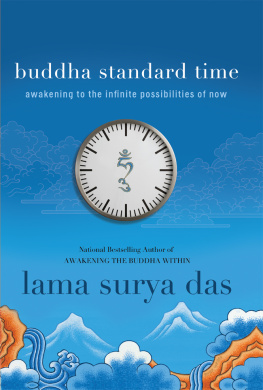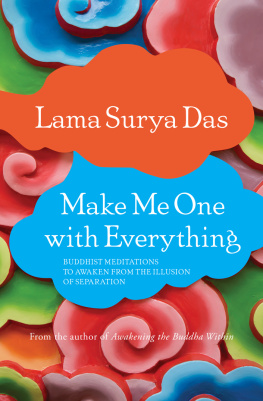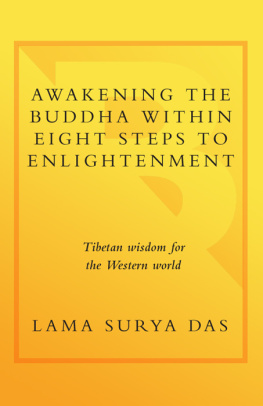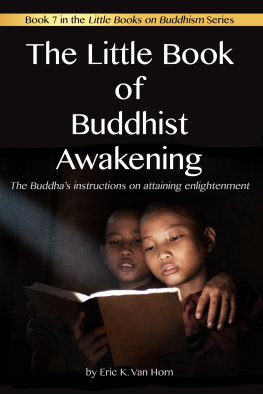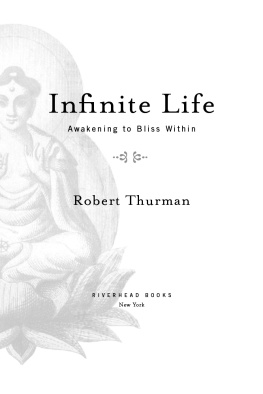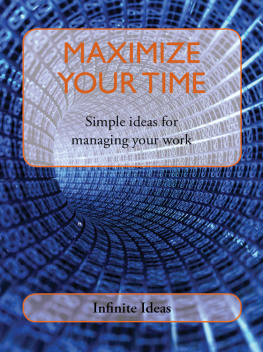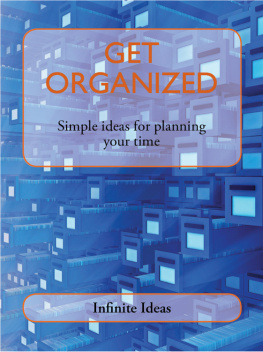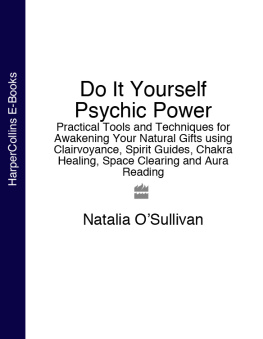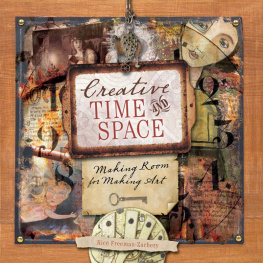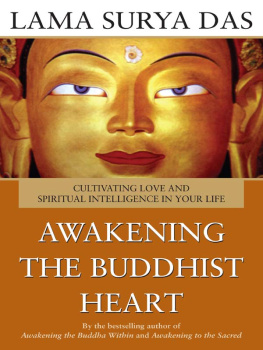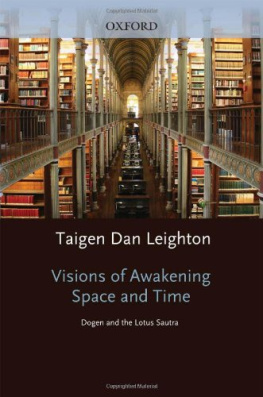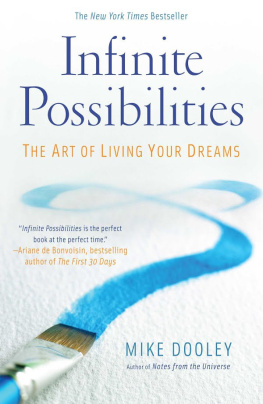Buddha Standard Time
Awakening to the Infinite Possibilities of Now
Lama Surya Das

One moment of total awareness is one moment of
freedom and enlightenment.
Manjusri, from Song of the Wisdom-deity
Contents
Introduction:
Making Peace with Time
To be able to be unhurried when hurried;
To be able not to slack off when relaxed;
To be able not to be frightened
And at a loss for what to do,
When frightened and at a loss;
This is the learning that returns us
To our natural state and transforms our lives.
Liu Wenmin, early sixteenth-century poet
FOR EONS PEOPLE HAVE been grappling with the concept of time. From Sophocles to Ben Franklin to Einstein to Mick Jagger, the wisdom has been passed down to us: Time is the stuff life is made of. Time is money. Time is of the essence. Time flies. Time is relative. Time is on my side. Time is a cruel thief.
We measure time. We lose time. We kill time. We are strapped for time. These days, that last sentiment is what I hear most often from people. With varying degrees of vexation, agitation, or despair, they are constantly telling me, I dont have enough time!
Its not surprising that many of us feel this way. The pace of life today is far more frenetic than it was a generation ago, and unimaginably faster than what it was in the ancient world of Moses or Confucius. Trying to keep up with todays tempo can take a huge toll . That stress shows up in our suppressed immune systems, high blood pressure, heart attacks and stroke, insomnia, and digestive ailments. Stress contributes to the inability to think clearly or make competent decisions, to short tempers, and to sloppy work. As a result, we have more everyday problems: arguments at work and home, car accidents as we speed and yak on our cell phones, and unresolved grief because we dont have time to mourn properly. Stress also contributes to fertility problems, turns hair gray, and wears out bodies before their time. Long-term stress can even rewire the brain, leaving us more vulnerable to anxiety and depression, weight gain, and substance abuse.
I learned for myself some stark lessons about the daunting acceleration of life when I came back to the United States in the late 1980s after spending almost two decades in the East. I had lived in India and the Himalayas for most of my twenties, in a slow-paced, natural-rhythm, electricity-free zone. I then spent my early thirties in a traditional Tibetan Dzogchen meditation retreat at the Nyingma Retreat Center in the thickly forested Dordogne River valley of southern France. When I finally returned home I felt like Rip Van Winkle: The complexity of the world had increased so exponentially that modern American life was almost unrecognizable to me. I wasnt used to the rampant commercialism, the constant clamor of products being hawked. Even meditation centers and ashrams had become veritable spiritual supermarkets, with boutiques and cafs selling imported goods and wares to help support their nonprofit status.
As I began to adjust to a Western lifestyle after so long in monastic simplicity, what struck me more than anything else was the new aversion to the mundane tasks of daily life. Thus the ubiquitous time-saving toolsinstant coffee, fast food, ATMs, microwave ovens, personal computersas if somehow life would be better if we could speed our way through it. That message has only escalated since then. These days, young people tell me that they dont even have time for cell-phone conversations or e-mails. They prefer to text. The instant response that new technology allows has altered our perception of time. And ironically, most of us seem to feel we have far less time as a result.
Many of us feel that the modern efforts to save time have backfired, bringing onerous new problems of their own. Our technological advances and constant availability have blurred the line between leisure time and work. No sooner do we wrap our minds around a new computer program than it becomes obsolete. We can end up wasting precious minutes stuck on the phone with someone on the other side of the world, trying to figure out how to reset the computer brain in our dryer, or stove, or espresso machine. It takes time to learn how to do online banking, connect with friends on Facebook, master the complexities of smartphones and GPS units, and download a best seller to our e-readers. When Excel crashes and the work is lost after weve spent an hour entering data for a deadline, our blood pressure skyrockets. Theres even technology to fix the stress created by technology. I recently learned of an experimental Google feature called Email Addict that shuts you out of your inbox, forcing compulsive e-mail checkers to give it a break.
Dont get me wrong. I think were living in an amazing age, as miraculous and futuristic as anything out of the Star Trek and Jetsons episodes of my youth. I love being able to talk on my laptop face-to-face with someone on the other side of the world or to download a book or piece of music in a minute. The problem for a lot of us is figuring out how to disconnect from all this intensity for some peace and quiet. And how much of the time-related stress in our lives comes from trying to accommodate every single person who wants a piece of our day? Do you suffer from the disease to please, striving to satisfy all those who make a claim on your time? Many of us are torn between the desire to be generous with our time and the need to conserve our own energy. It takes only a few seconds to read a 140-character Twitter message, but the cost of the total distraction lasts far longer. The thinner we spread ourselves, the more we skitter over the surface of our lives, never going deep. And since we can be tracked down just about anywhere, anytime, it seems there is literally no escape.
In the pages that follow, Ill teach you how to wean yourself from the addictions that sap time and energy, to clear out all the debris and distractionin much the same way that a snow globe becomes calm and clear when you stop shaking it and allow the flakes to settle. Youll see, for example, that we can stay at our desks or in a traffic jam and, however momentarily, genuinely give our attention to the present moment as a way of finding inner peace.
I want to show you how to coexist peacefully with the inevitable, inexorable march of time. As a Buddhist, Ive long studied the question of how to live authentically and joyfully in the present moment, and how to remain mindful, centered, and harmonious no matter what challenges come my way.
In a way, Buddhism is a profound study in time and time management, because the better you manage your mind and spirit, the less hold time has on you. Every moment can be lived fully, free and unconditioned, and every moment holds infinite possibilities and opportunities for a fresh start. Every moment of heightened consciousness is precious beyond price, for awareness is the primary currency of the human condition. Buddhism for me is a study in how to live fully and authentically, not only in our earthly time zone, but in what I call Buddha Standard Time the dimension of timeless time, wholly now.
In recent years, Ive had so many people ask me for help with finding their spiritual center in their out-of-control lives that I decided to make it the topic of this bookto show how we can discover a more calm, vibrant, and gratifying way of life. We can become masters rather than victims of a packed schedule and constant change, and feel composed in any situationneither rushed nor overwhelmed, but peacefully in the moment. We can learn to set our own pace, a pace that makes sense in relation to who we are and what we need for our life journey.
Next page
